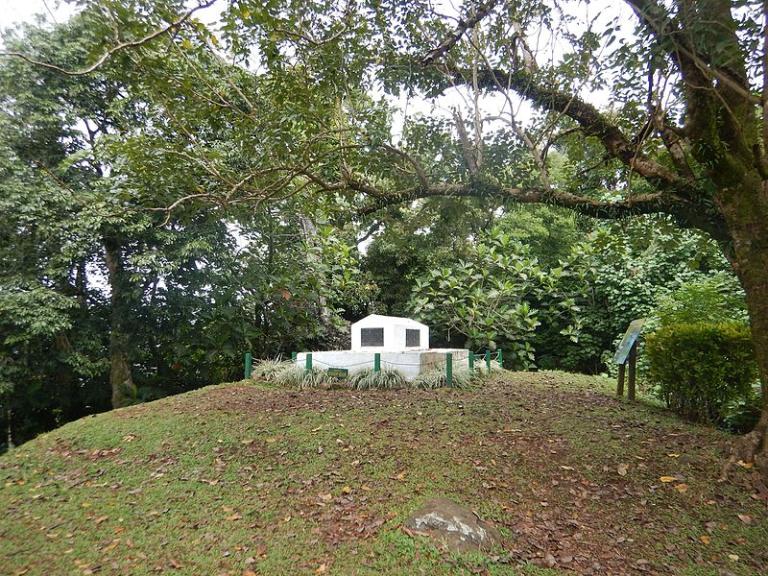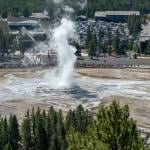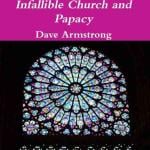
Elder Orson Hyde said of our life in the premortal world, “We understood things better there than we do in this lower world.” Elder Hyde also surmised as to the agreements we made there as follows: “It is not impossible that we signed the articles thereof with our own hands,–which articles may be retained in the archives above, to be presented to us when we rise from the dead, and be judged out of our own mouths, according to that which is written in the books.” Just because we have forgotten, said Elder Hyde, “our forgetfulness cannot alter the facts” (Brigham Young, Journal of Discourses 7:314–15). Brothers and sisters, the degree of detail involved in the covenants and promises we participated in at that time may be a much more highly customized thing than many of us surmise.
Neal A. Maxwell, “Meeting the Challenges of Today,” BYU devotional address, October 1978
***
Today’s offering from Interpreter: A Journal of Mormon Scripture:
“An Ancient Survival Guide: John Bytheway’s Look at Moroni”
***
The results of this referendum will be quite interesting, come 6 November 2018:
“Will Mormon leaders’ opposition turn the tide for a medical marijuana initiative in Utah?”
***
This podcast was aimed, obviously, at evangelical Protestants. But I suspect that some Latter-day Saints, too, will find it either useful or of interest or both:
***
“Village atheists,” as they’re described in this article, are — by a considerable distance — the noisiest atheist voices across large sectors of the internet:
“The Problem of Village Atheism”
***
“Requiem,” a poem written by Robert Louis Stevenson (1850-1894), who died at a tragically young age when he could still have written and contributed a great deal, was apparently a favorite of the late John McCain’s and will be used in Senator McCain’s funeral services:
Under the wide and starry sky,
Dig the grave and let me lie.
Glad did I live and gladly die,
And I laid me down with a will.
This be the verse you grave for me:
Here he lies where he longed to be;
Home is the sailor, home from sea,
And the hunter home from the hill.
The words are also inscribed on the marker at Robert Louis Stevenson’s own hilltop tomb in Samoa — though, curiously, with an extra the in the second line to the last (“home from the sea”), as commonly appears elsewhere, too. I think that I actually prefer that line with an added the, but Stevenson himself plainly did not.
Posted from Seaside, Oregon












